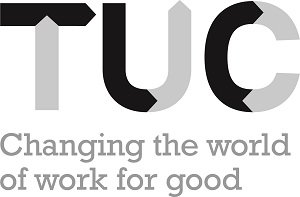Scottish parliament committees scrutinise both the work of the Scottish government and all legislation.
Scottish parliament committees are also deliberative, coming up with proposals for new bills, taking evidence on current affairs and reporting on issues affecting Scotland and Scottish people. In this way, Scottish parliament committees resemble those from the European parliament more than those at Westminster.
The Scottish parliament can establish a committee on any subject and for any purpose.
Committees can have between five and 15 members, but they normally have about nine. Members are nominated by the Parliamentary Bureau, which tends to reflect the party composition of the parliament on each committee.
There are two types of committee – mandatory committees and subject committees
The mandatory committees include the finance and subordinate legislation committees, which are key to the passage of the Budget and statutory instruments. The other mandatory committees are the procedures, standards, audit, European and external affairs, equal opportunities and public petitions committees.
The presiding officer decides the subjects of the non-mandatory committees after each election. As such the subjects chosen vary and they do not always mirror the portfolios of Scottish ministers. Nonetheless, the delineation between committees is less rigid than in some other models, allowing for joint-working and for different committees to investigate the same subjects.
For this reason, the Parliamentary Bureau designates a ‘lead’ committee in the scrutiny of legislation, but this does not preclude other committees from considering relevant provision. In the same way, the subordinate legislation committee looks at all statutory instruments alongside all relevant subject committees.
Committees sit in both public and private, depending on the nature of their business. They normally meet on Mondays, Tuesdays and Wednesdays when the parliament is sitting. They do not sit while a plenary session is in progress and, while they can sit during recesses, this is rare. On occasion, some committees hold meetings outside Edinburgh.


